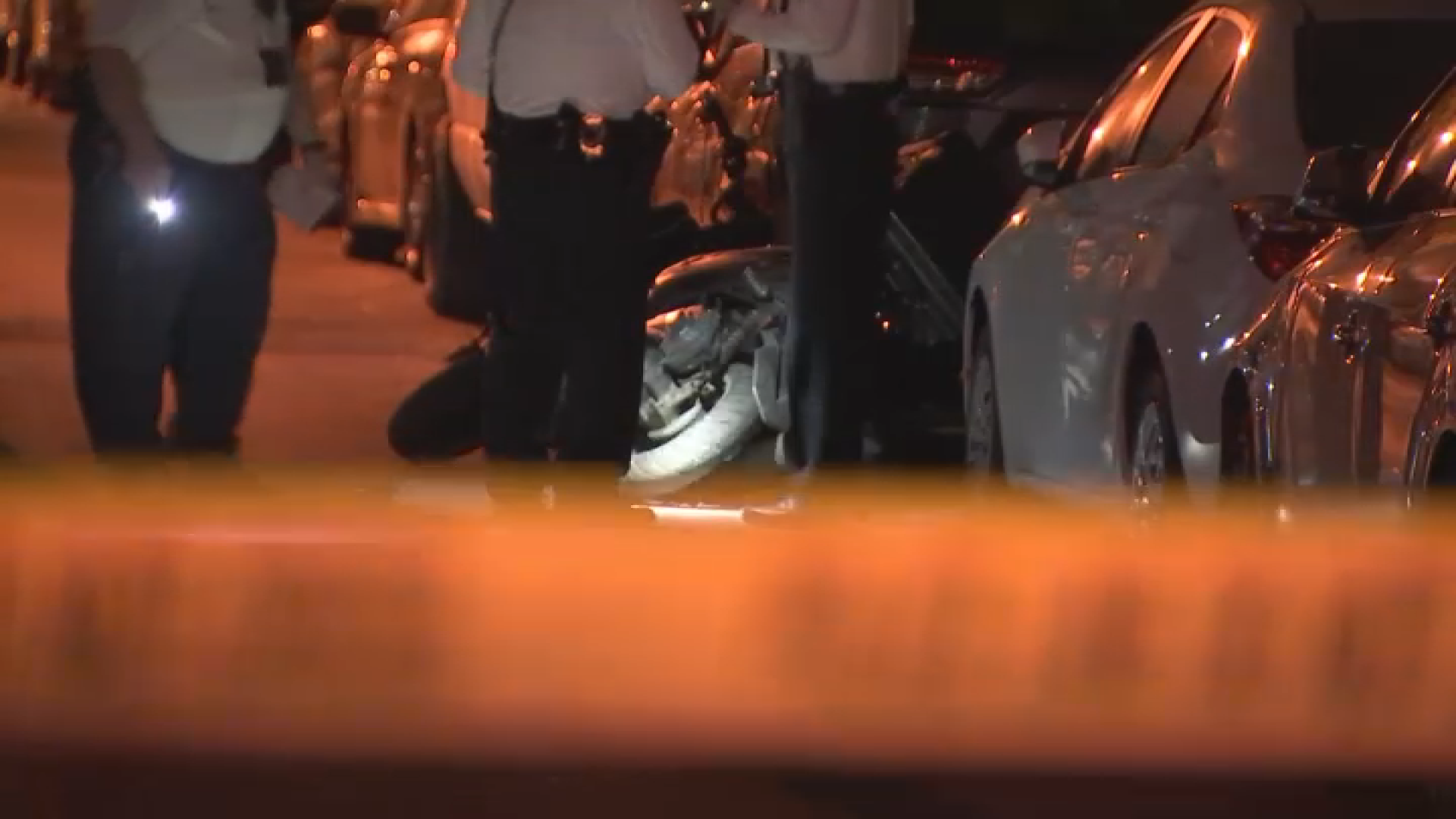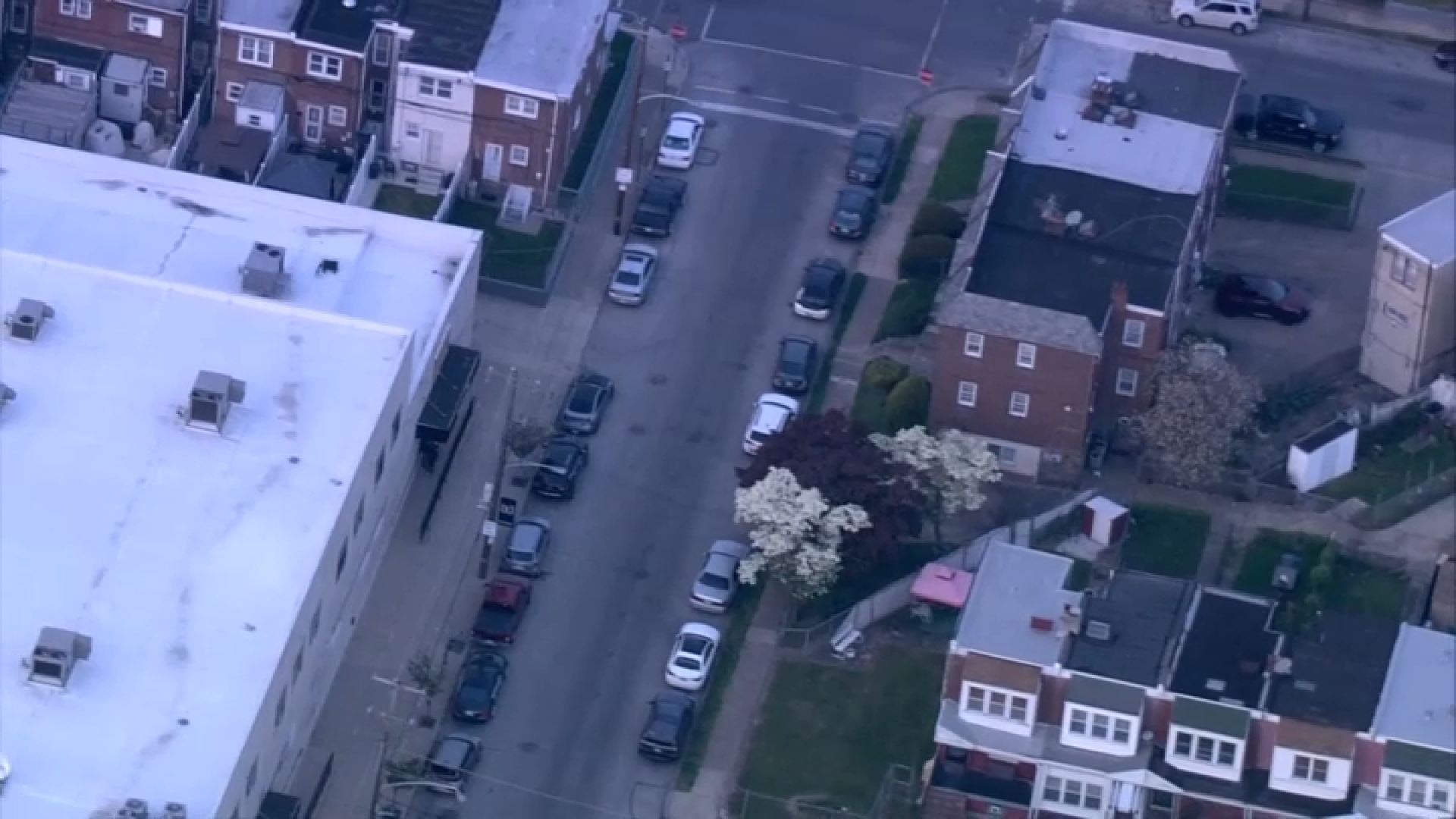State coroners and lawmakers are split over proposed overhauls to Pennsylvania's anatomical donation law more than two decades after the commonwealth led the country in passing legislation to bolster organ and tissue donation.
Pennsylvania passed a law in 1994, requiring hospitals to develop referrals for deceased patients. Today, more than 8,000 patients await transplants in Pennsylvania. The proposal would, in part, revamp who can authorize donation.
The state Coroners Association has distributed letters against the law. It says the measure could harm criminal investigations and only lead to more profits in a multi-billion dollar industry.
Bill supporters, including non-profit donation group Gift of Life, say donations and criminal investigations are not mutually exclusive. They say the law will align Pennsylvania with other states and preserve coroners' rights while saving lives.
___
THE BACKDROP: AN OUTDATED LAW, AND A NATIONAL TREND
Pennsylvania once had state-of-the-art donation laws but is now one of three states that have not adopted the newest version of the Uniform Anatomical Gift Act. The law, among other things, sets a legal framework for who can authorize donation, as well as refuse making a gift and prevent others from overriding that choice after a person's death.
Local
Breaking news and the stories that matter to your neighborhood.
Gift of Life Vice President of Clinical Services Richard Hasz says the regional organization works with about 500 organ donors each year and the law will align Pennsylvania with other states.
Pennsylvania lawmakers have discussed rewrites of the law with donation groups since 2010, he said.
___
WHERE DOES PENNSYLVANIA RANK IN DENIALS?
Pennsylvania leads the nation in organ donation rejections, with coroners blocking 28 full-body donors since 2014, according to the Gift of Life. That number, the organization says, is higher than states with larger overall populations.
Charles Kiessling, president of the state Coroners Association, says denials represent a minuscule percentage of donations and are only made when necessary.
Hasz says: "We're dealing in small things. The number one to us is an important one. One life that could be saved is important.''
___
CRIMINAL INVESTIGATIONS AND DONATION
State coroner, law enforcement and district attorney ability to refuse donation ranks chief among disagreements surrounding the proposed law.
Coroners need to retain the right to refuse donations if the organs are critical to a criminal investigation, the association has argued.
Kiessling says: "I'm a donor myself and certainly want to keep people alive, but it is our job to determine cause and manner of death and make sure we can prosecute people who took those lives.''
But, Hasz said the law will not prevent coroners from refusing partial or full donations. Instead, it will require them to view the organ and give written reason for a donation denial.
"It should be consistent. It shouldn't matter where you died or how you died,'' Hasz said. "Pennsylvania's system is archaic, not based on science and needs to change.''
___
LICENSE CHANGES AND DONATION EDUCATION
The state Coroners Association and bill backers largely agree on linking driver's licenses to information that is critical to organ recovery, including emergency contacts.
The measure also proposes that schools add the topic of organ donation to health curriculum. The Coroners Association says children should not be unfairly swayed to donate. Hasz says education would take a factual approach.
___
HOW MUCH TIME DO LAWMAKERS HAVE?
Unable to reach agreement with key stakeholders on changes to the bill, state lawmakers have temporarily tabled debate on the legislation. The legislation can be brought up for a vote when lawmakers convene again Oct. 17. The Legislature's two-year session ends on Nov. 30 and, after the date, all bills die without changes to current law.



